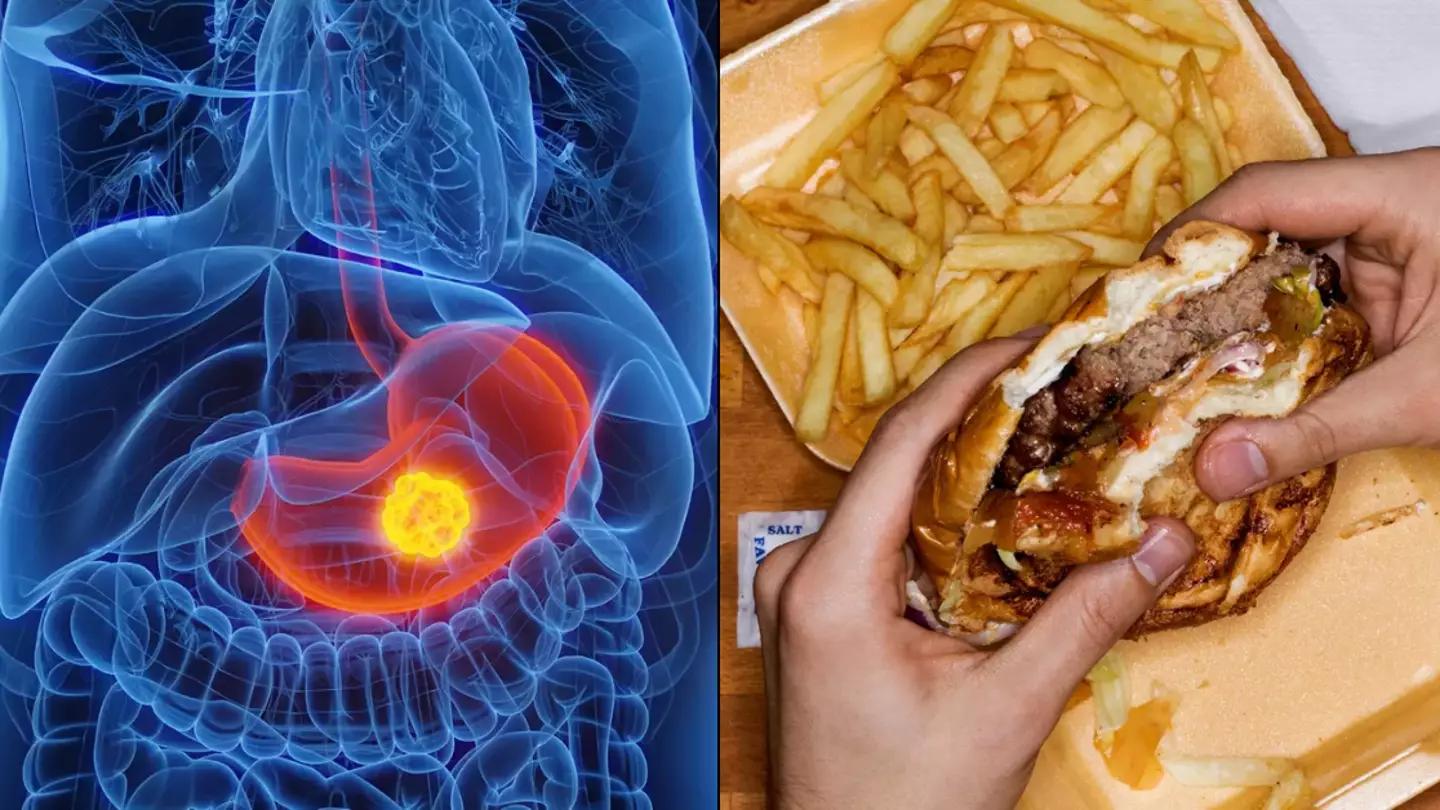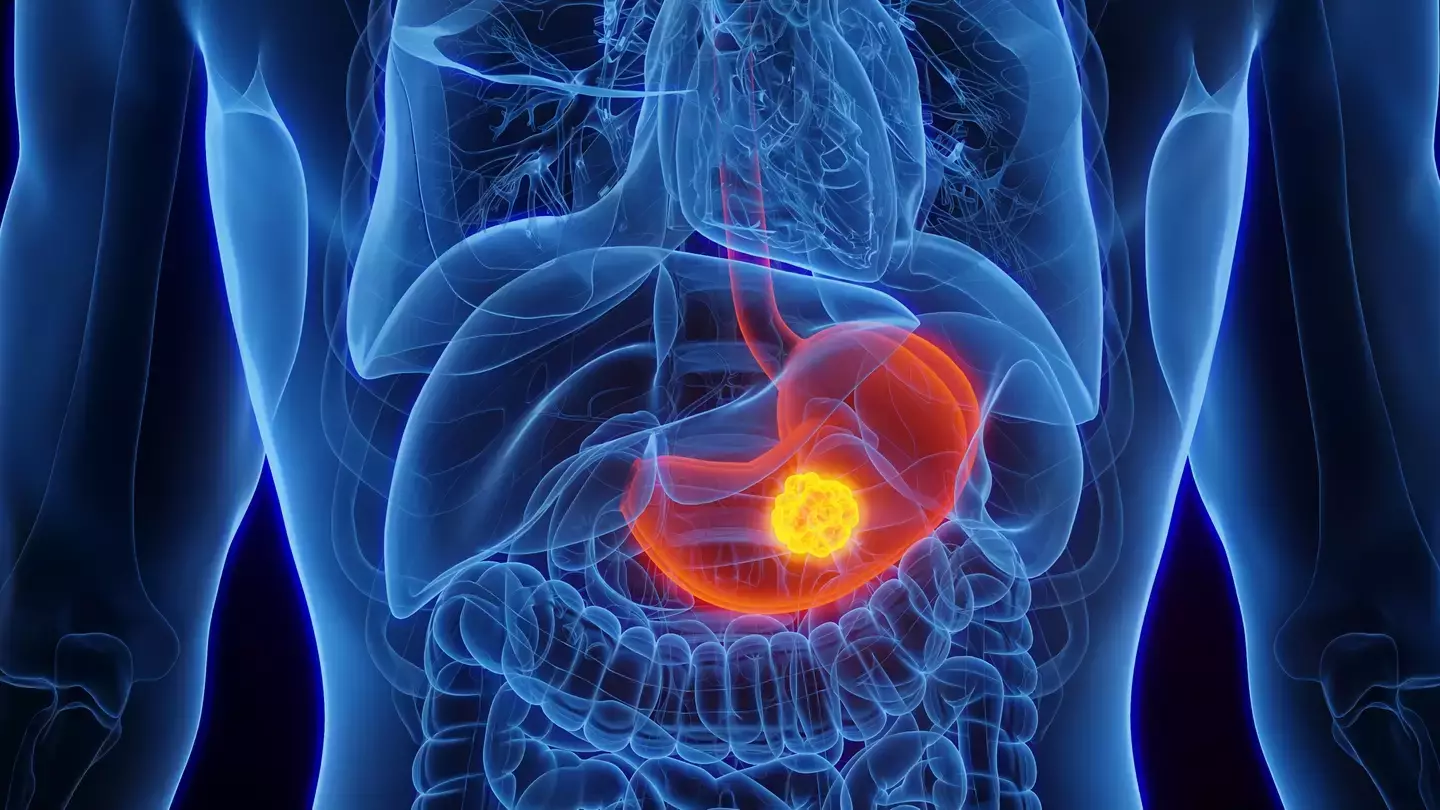
A doctor has claimed there is one thing contributing to the fact that 'every new patient' at his cancer clinic is under the age of 45.
Dr Nicholas DeVito, an oncologist based at Duke University in North Carolina, USA, has shared the worrying statistic to urge people to be cautious so they can avoid becoming one of the patients at his clinic.

It is well known that there is no one cause of cancer, as professionals believe that a number of things can contribute to someone having the disease, such as being obese, smoking or genetics.
Advert
However, Dr DeVito claims there's one factor all his new young patients have in common - and he has advised how to prevent it from happening.
Based on his day-to-day work in his clinic as well as looking into data, the health expert believes gastrointestinal cancers are on rise because of poor diets in young people.
Apparently, it's ultra-processed foods that are the culprit, as they represent up to almost three-quarters of what Americans consume.
He explained to STAT News: “A lack of regulation in the US has allowed additives that are 'generally recognised as safe' to flood the food system.
"This differs from the European Union, where ingredients need to demonstrate safety before consumption.
"Ultra-processed foods are prominently displayed on grocery store end caps and gleefully (and sometimes deceptively) advertised."

But, Dr DeVito believes that a 'collective effort' will help to reduce deaths connected to junk food, however it is ‘no small feat’.
The doctor said: “The desire to protect Americans from substances that cause cancer and other diseases should transcend party affiliation and political motivation to overcome industrial lobbying efforts.
"This was possible with tobacco, and it is possible with food.
"To be sure, this will require Americans to make different choices about what they eat to prioritise their health over the profit of corporations and, at times, even their own convenience."
He previously wrote that the rate of bile duct and stomach cancer is increasing with each younger generation, highlighting: “Food can play a major role here, making one’s knowledge of ingredients, the American food system, and how what they eat affects their body critical for decreasing cancer incidence.”
Dr DeVito hopes in the future, he will be practicing in a USA that ‘has turned the tide against early-onset gastrointestinal cancers and few, if any, of my patients are under age 50’.
Topics: Health, Cancer, Food And Drink